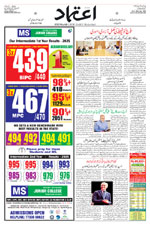Saudi Arabia appoints new finance minister
Tue 01 Nov 2016, 09:43:29
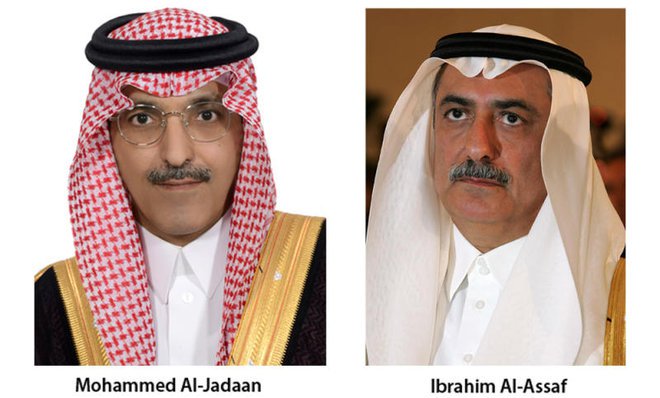
JEDDAH: Saudi Arabia has appointed Capital Market Authority Chairman Mohammed Al-Jadaan as its new finance minister by royal decree, replacing Ibrahim Al-Assaf, who had held the post since 1996.
Al-Assaf, 67, had been the last veteran member of Cabinet to remain in a key post through a series of government reshuffles after Custodian of the Two Holy Mosques King Salman assumed power last year, including one in May that replaced the long-standing oil minister.
He has been made minister of state and will remain a member of the Council of Ministers, as the Saudi Cabinet is known, according to the royal decree.
The Finance Ministry is a key position in the Kingdom and the change is likely intended to support a wide-ranging economic reform plan to steward the Kingdom through an era of low oil prices.
As the CMA’s chairman, Al-Jadaan had overseen the loosening of regulatory requirements as Saudi Arabia opened its stock exchange to foreign investors over the last year.
Before his appointment as the CMA’s chairman of the board on Jan. 29, 2015, Al-Jadaan was one of the founding partners of the Al-Jadaan and Partners Law Firm and was listed in Chambers and Partners 2004-2014 as a leading lawyer in corporate/commercial and the banking/finance practice areas in Saudi Arabia.
Al-Jadaan has extensive experience in advising on all aspects of capital market , structuring, documenting and negotiating complex international project financings and providing counsel on corporate and commercial matters, including equity and debt public offering, mergers and acquisitions, joint ventures and shareholder agreements and matters pertaining to Islamic law and Islamic finance.
Al-Jadaan has also represented corporate and commercial clients before a number of key courts and judicial committees in Saudi Arabia.
He was also a special adviser to the board of directors at Morgan Stanley Saudi Arabia.
Al-Assaf, will remain a Cabinet member, received a bachelor of arts degree in economic and political science from King Saud
University, Riyadh, in 1971.
University, Riyadh, in 1971.
He later obtained a master of arts degree in economics from the University of Denver in 1976 and a PhD in economics from Colorado State University in 1982.
Al-Assaf initially pursued a teaching career, becoming a teaching assistant and then visiting lecturer at King Abdulaziz Military Academy from 1971 to 1983.
He was appointed an assistant professor and head of the Department of Administrative Services in 1982, and served until 1986.
During that period, he also served as economic adviser to the Saudi Fund for Development.
After leaving academia, Al-Assaf moved to Washington, DC where he represented Saudi Arabia at the International Monetary Fund (IMF) and the World Bank.
In 1986, he was appointed alternate executive director at the IMF for Saudi Arabia.
He left in 1989 to take up the executive directorship for Saudi Arabia at the World Bank.
Upon his return to Saudi Arabia in 1995, he served briefly as vice governor of the Saudi Arabian Monetary Agency.
He left to join the Council of Ministers as minister of state in October 1995.
In January 1996, he was appointed minister of finance and national economy, a position that was renamed minister of finance in 2003.
He replaced Abdul Aziz Abdullah Al-Khuwaiter as finance minister.
In addition to being finance minister, Ibrahim is a member of the board of directors of Saudi Aramco (since 1996), chairman of the Saudi Fund for Development and member of the Public Investment Fund board.
Monday’s decree also appointed new chiefs for the Public Transport Commission and the Saline Water Conversion Corporation.
It transferred responsibility for consumer protection from the Ministry for Commerce and Investment to Health Minister Tawfiq Al-Rabiah.
Al-Assaf last week said Saudi Arabia’s financial position remains strong despite sinking oil prices, although there is “some pressure” on bank liquidity.
“We have been able to maintain a good position in public finances,” Al-Assaf said.
No Comments For This Post, Be first to write a Comment.
Most viewed from International
Most viewed from World
AIMIM News
Latest Urdu News
Most Viewed
May 26, 2020
Which Cricket team will win the IPL 2025 trophy?
Latest Videos View All
Like Us
Home
About Us
Advertise With Us
All Polls
Epaper Archives
Privacy Policy
Contact Us
Download Etemaad App
© 2025 Etemaad Daily News, All Rights Reserved.

.jpg)
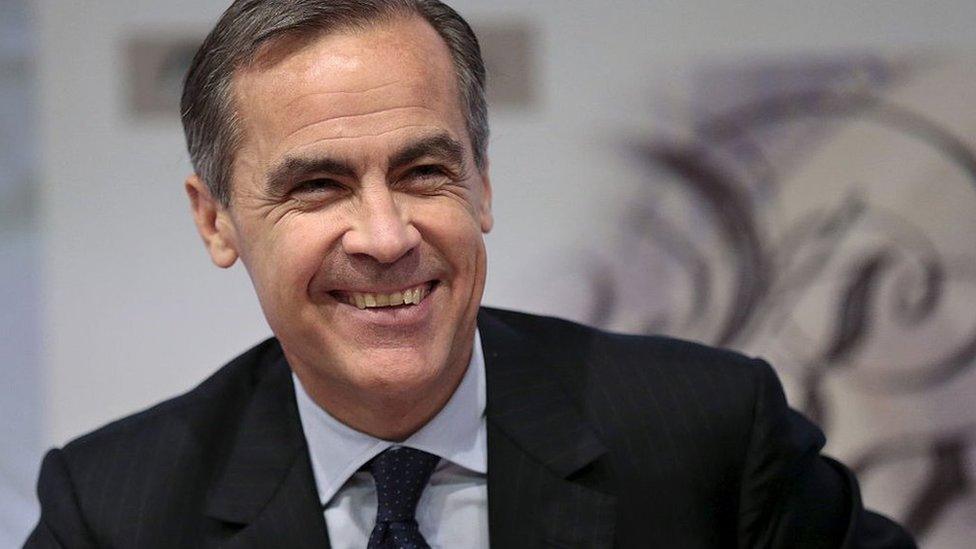
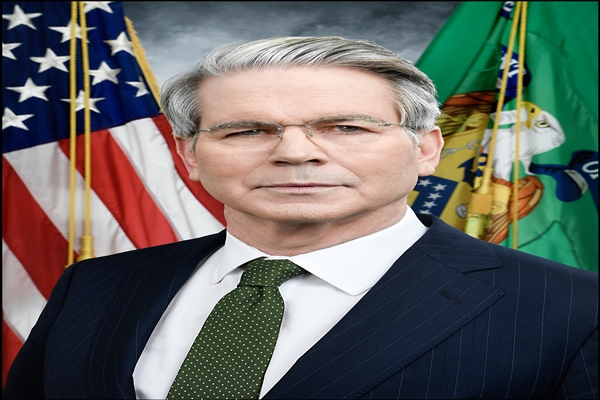


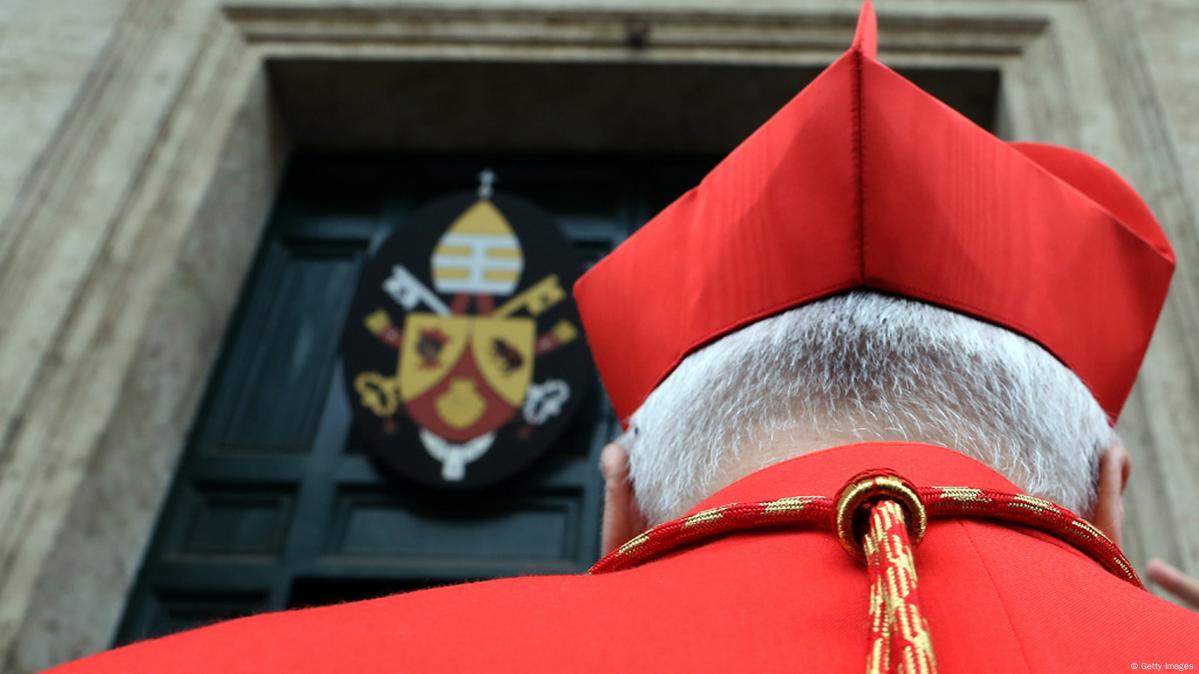

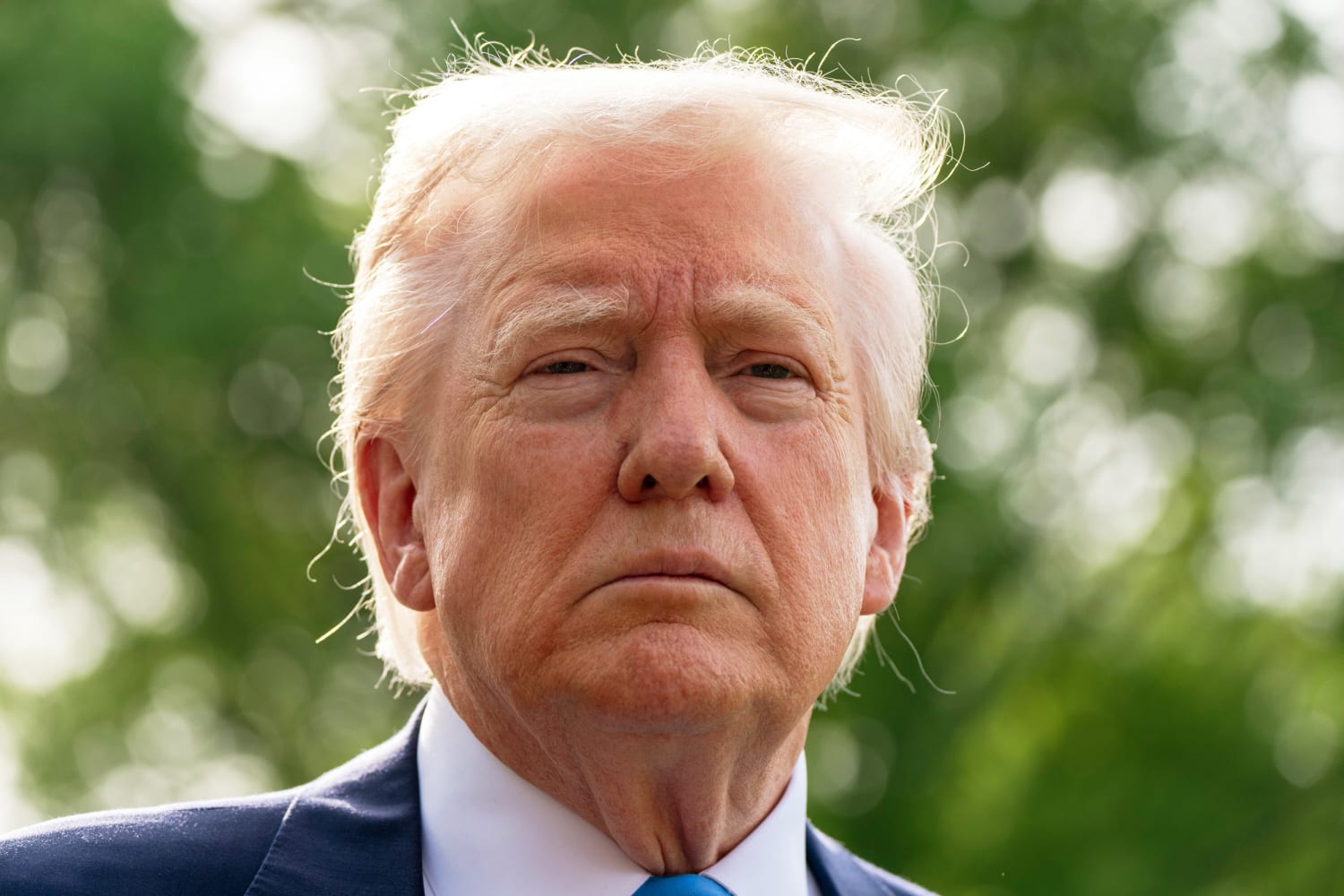

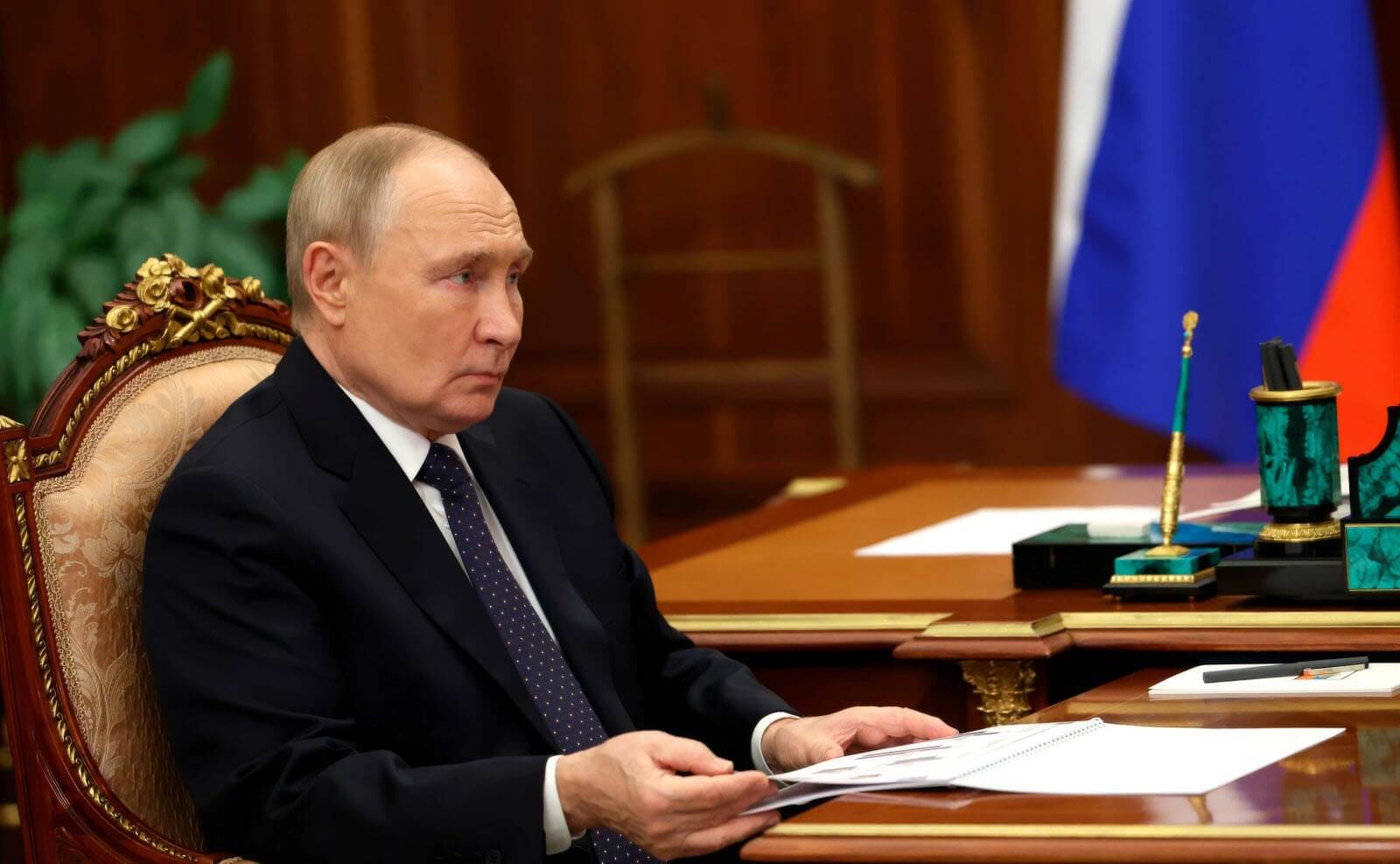

.jpg)
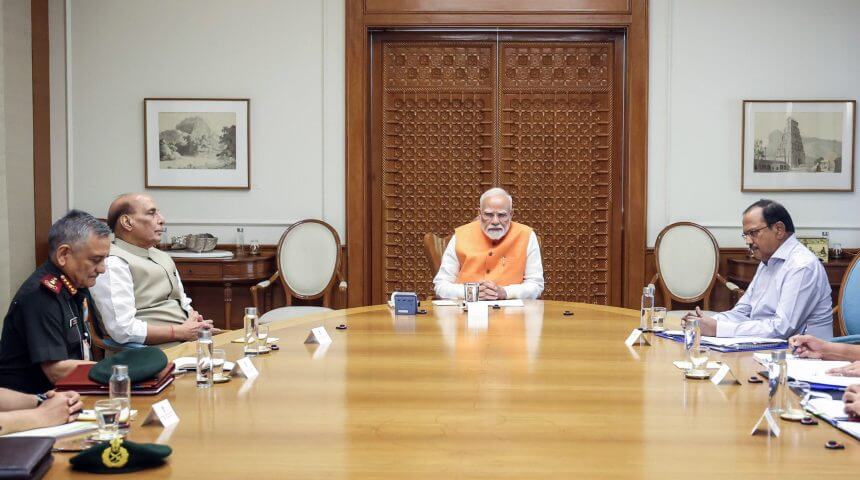


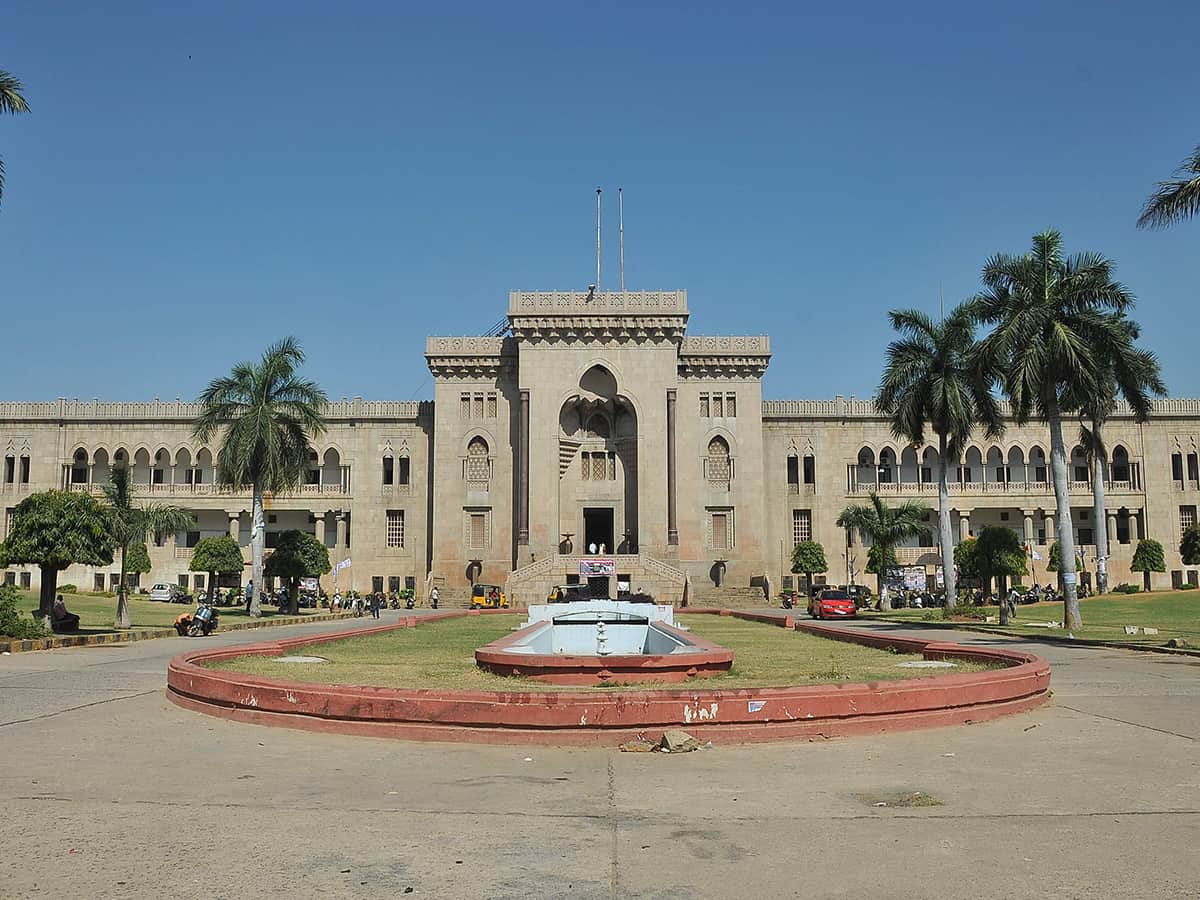

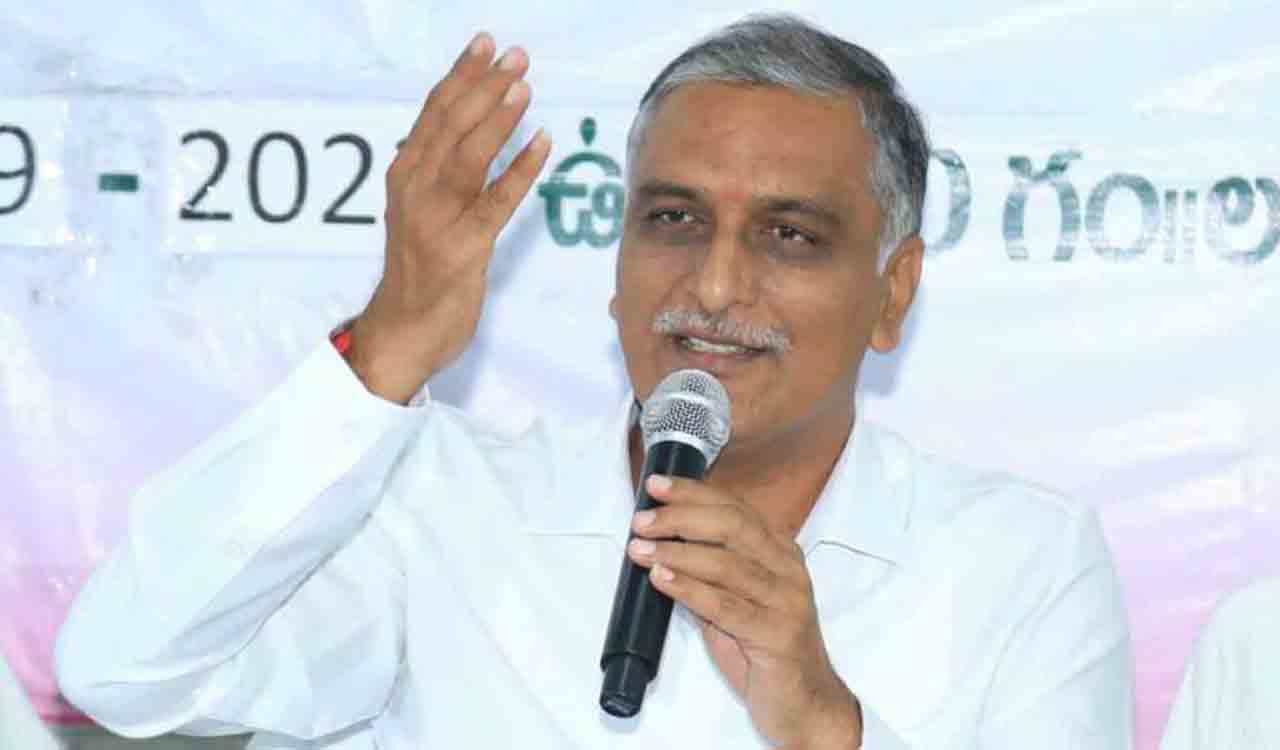
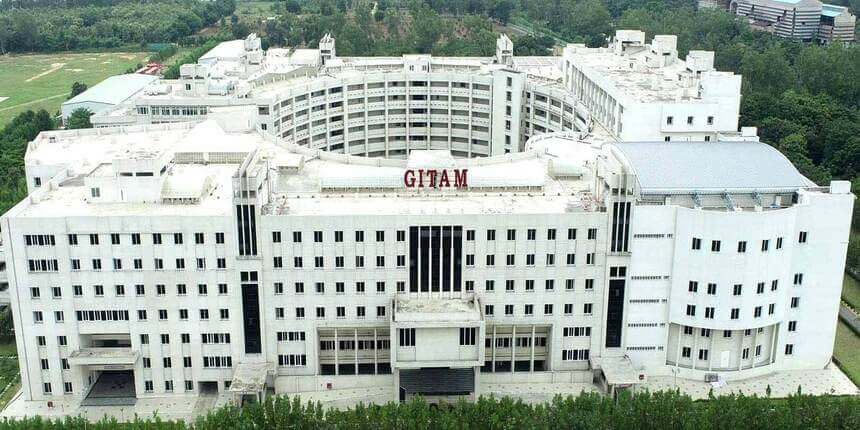



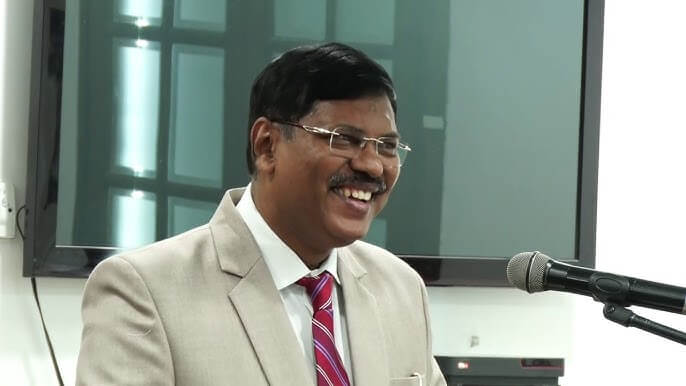
.jpg)

